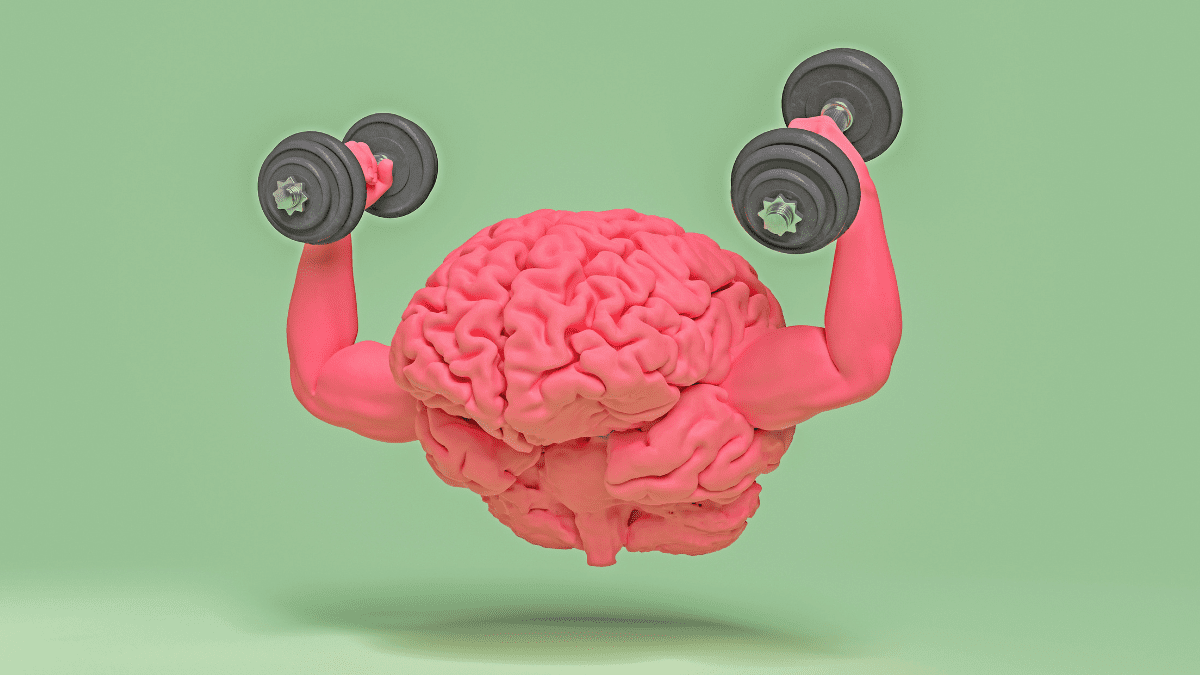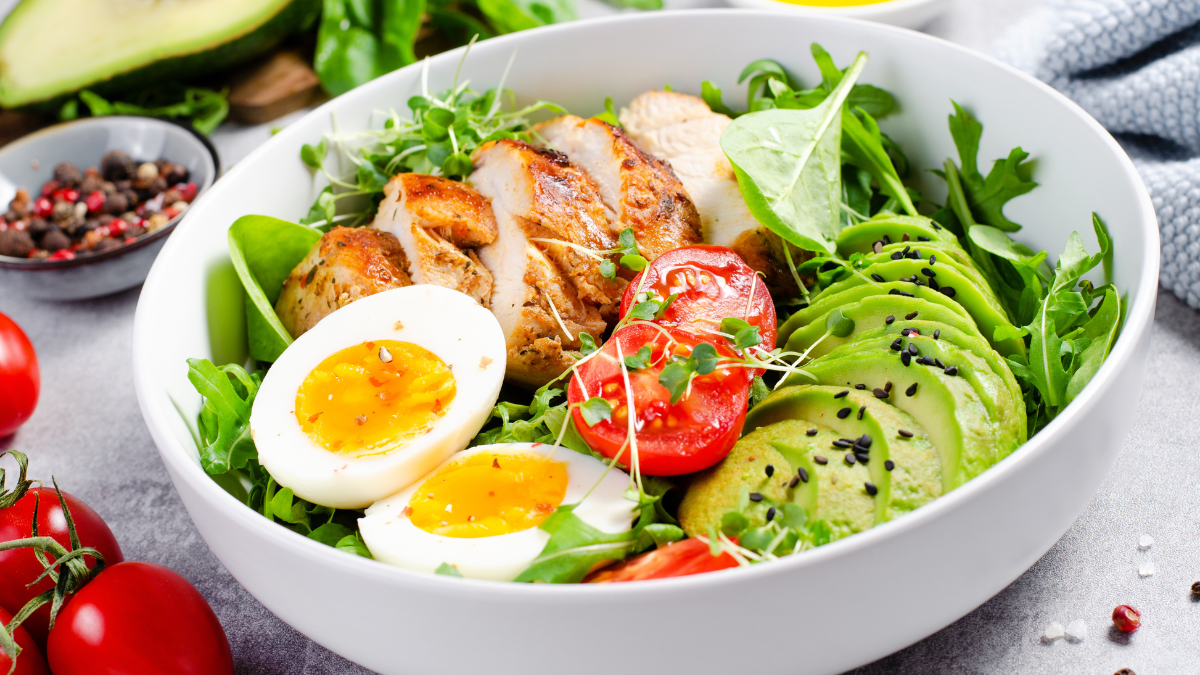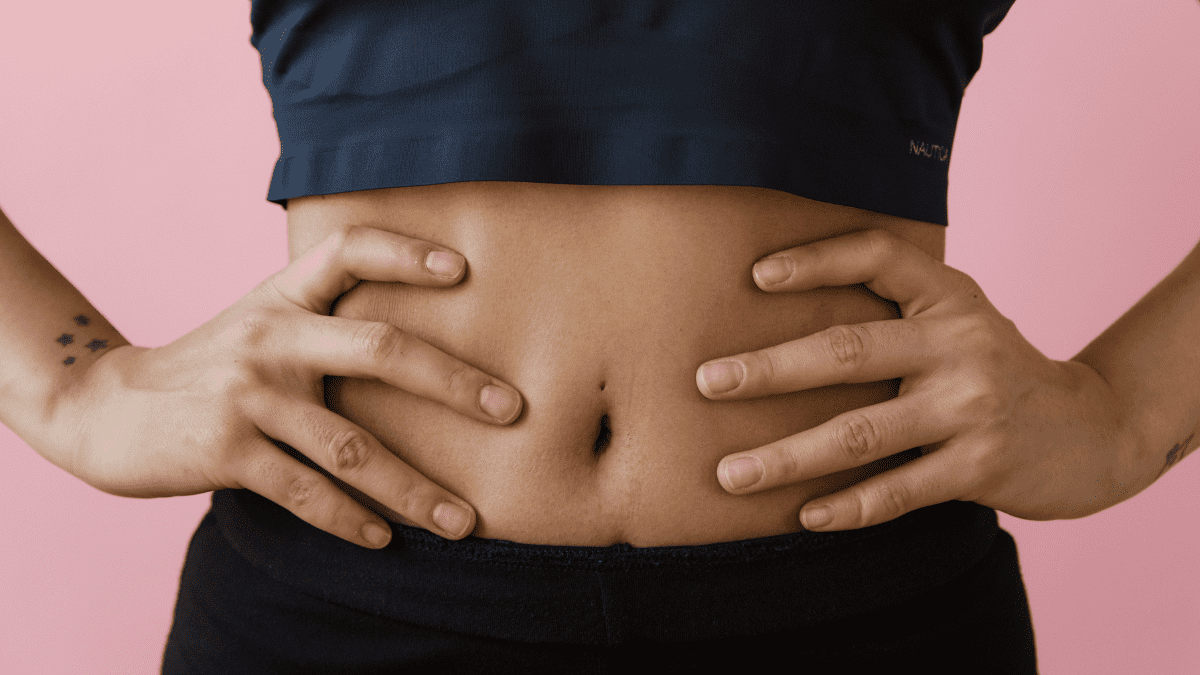The Anti-Aging Diet You Need Now: Look Younger, Live Longer
Unlock the secrets of the anti-aging diet to look younger and live longer. Learn the best foods and nutrition tips to boost vitality, support healthy aging, and enhance longevity.
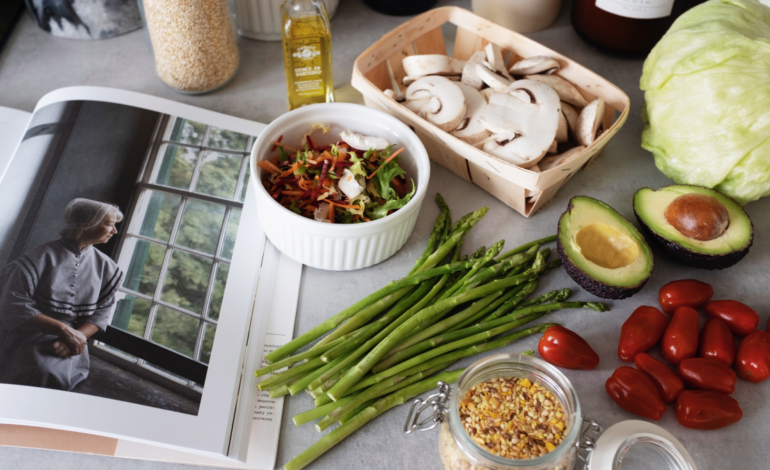
Following an anti-aging diet is one of the most powerful ways to slow aging, boost vitality, and enhance longevity. While genetics play a role, what you eat can dramatically influence how you age. The right foods promote cellular repair, reduce inflammation, and support youthful skin, brain function, and overall health.
Science shows that certain foods enhance longevity and vitality, while others accelerate aging by promoting oxidative stress and chronic disease. If you want to maintain glowing skin, sharp cognitive function, and long-term health, nutrition plays a crucial role.
In this guide, we’ll explore the best anti-aging foods, key nutrients for longevity, and practical diet tips to help you stay younger, healthier, and more energized as you age.
How Diet Affects Aging
The food you eat doesn’t just impact your weight—it influences how fast or slow you age at a cellular level. An anti-aging diet can help protect your body from inflammation, oxidative stress, and nutrient deficiencies, all of which play a major role in aging.
The Science Behind Aging and Nutrition
As we age, our cells undergo oxidative stress, a process where unstable molecules called free radicals cause damage to cells and DNA. This accelerates wrinkles, joint stiffness, cognitive decline, and chronic diseases. However, the right nutrition can counteract this damage and support longevity by:
- Reducing inflammation – Chronic inflammation is linked to aging and diseases like arthritis, heart disease, and Alzheimer’s.
- Boosting cellular repair – Nutrient-dense foods promote the body’s ability to heal and regenerate.
- Enhancing collagen production – Collagen is essential for skin elasticity and strong joints, but declines with age.
- Supporting brain health – Certain nutrients help preserve memory, focus, and cognitive function.
How an Anti-Aging Diet Slows Aging
By consuming foods rich in antioxidants, healthy fats, and essential vitamins, you can slow down the aging process and improve overall well-being. Some key ways your diet influences aging include:
- Protecting Skin Health – Hydrating and collagen-boosting foods keep skin firm and youthful.
- Maintaining Joint & Muscle Strength – Anti-inflammatory nutrients help prevent stiffness and weakness.
- Improving Heart Health – Omega-3 fatty acids and plant-based diets reduce heart disease risk.
- Enhancing Longevity Genes – Certain foods activate longevity-related genes that promote cell repair and regeneration.
The right nutrition can make all the difference in how you age, keeping you active, energetic, and feeling your best. In the next section, we’ll explore the top anti-aging foods that should be part of your daily diet.
Top Anti-Aging Foods for Longevity
The key to an effective anti-aging diet lies in consuming nutrient-dense foods that protect cells, support collagen production, and reduce inflammation. These foods contain essential vitamins, antioxidants, and healthy fats that help maintain a youthful body and mind.
Research shows that certain foods reduce inflammation, slow cellular aging, and support longevity. According to Harvard Health, incorporating antioxidant-rich foods into your diet can help protect against age-related diseases and promote overall well-being.
1. Leafy Greens
Dark, leafy greens such as spinach, kale, and Swiss chard are packed with vitamins A, C, and K, which support skin health, boost immunity, and fight oxidative stress.
2. Berries
Blueberries, raspberries, and strawberries are rich in polyphenols and vitamin C, which combat free radicals and promote collagen production for firmer skin.
3. Fatty Fish
Salmon, sardines, and mackerel are loaded with omega-3 fatty acids, which keep the skin hydrated, reduce inflammation, and support heart and brain health.
4. Nuts and Seeds
Almonds, walnuts, and chia seeds provide healthy fats, vitamin E, and fiber, which promote skin elasticity and protect against environmental damage.
5. Olive Oil
A staple of the Mediterranean diet, extra virgin olive oil is rich in monounsaturated fats and antioxidants, which help lower inflammation and support cardiovascular health.
6. Fermented Foods
Yogurt, kimchi, and sauerkraut contain probiotics that support gut health, improve digestion, and enhance nutrient absorption, all of which contribute to overall vitality.
7. Dark Chocolate
High-quality dark chocolate with at least 70 percent cocoa contains flavonoids, which improve circulation, protect skin from sun damage, and boost cognitive function.
8. Green Tea
Loaded with catechins and polyphenols, green tea helps reduce inflammation, support brain health, and slow down cellular aging.
By incorporating these foods into a daily diet, it is possible to support healthy aging, maintain a youthful appearance, and promote longevity. The next section will focus on foods that should be avoided, as they accelerate the aging process.
What to Avoid: Foods That Accelerate Aging
Just as certain foods can slow aging, others can speed it up by promoting inflammation, oxidative stress, and collagen breakdown. Reducing or eliminating these foods can help preserve youthful skin, brain function, and overall health.
1. Refined Sugars
Excess sugar triggers a process called glycation, where sugar molecules bind to proteins, damaging collagen and elastin. This leads to wrinkles, sagging skin, and premature aging.
- Found in: Soda, candy, pastries, sweetened cereals.
- Alternative: Natural sweeteners like honey or stevia, and whole fruits.
2. Processed Foods
Highly processed foods often contain artificial additives, trans fats, and high sodium levels, which contribute to chronic inflammation, bloating, and increased risk of diseases.
- Found in: Packaged snacks, frozen meals, processed meats.
- Alternative: Fresh, whole foods with minimal processing.
3. Excess Alcohol
Alcohol dehydrates the body, weakens collagen production, and accelerates liver aging. Over time, it contributes to dull skin, poor sleep, and toxin buildup.
- Found in: Beer, wine, spirits, sugary cocktails.
- Alternative: Red wine in moderation, herbal teas, infused water.
4. Fried and Fast Foods
Deep-fried and fast foods are loaded with trans fats and inflammatory oils, which increase oxidative stress and accelerate cellular damage.
- Found in: French fries, fried chicken, chips, fast food burgers.
- Alternative: Foods cooked with healthy oils like olive or avocado oil.
5. High-Sodium Foods
Excess sodium causes water retention and bloating, making the skin look puffy and tired. Over time, it can also increase blood pressure and heart disease risk.
- Found in: Processed meats, canned soups, instant noodles.
- Alternative: Fresh herbs and spices for flavoring.
6. Artificial Sweeteners
Many artificial sweeteners disrupt gut bacteria and can lead to metabolic issues, bloating, and sugar cravings.
- Found in: Diet sodas, sugar-free gum, low-calorie desserts.
- Alternative: Stevia or monk fruit as natural substitutes.
Avoiding these foods and replacing them with nutrient-rich, whole foods can help protect skin health, improve energy levels, and promote long-term well-being.
Key Nutrients for Youthful Skin and Vitality
A well-balanced anti-aging diet is rich in essential nutrients that support cellular repair, collagen production, and overall vitality. These nutrients help maintain healthy skin, brain function, and energy levels, slowing the effects of aging.
1. Collagen – Supports Skin Elasticity and Joint Health
Collagen is the most abundant protein in the body, responsible for keeping skin firm and joints strong. As we age, collagen production declines, leading to wrinkles, sagging skin, and joint stiffness.
- Sources: Bone broth, collagen peptides, wild-caught fish, egg whites.
- How It Helps: Improves skin elasticity, reduces wrinkles, and supports joint mobility.
2. Vitamin C – Boosts Collagen and Protects Against Free Radicals
Vitamin C is essential for collagen synthesis and acts as a powerful antioxidant that protects cells from oxidative stress.
- Sources: Citrus fruits, bell peppers, kiwi, strawberries.
- How It Helps: Enhances skin glow, prevents wrinkles, and strengthens the immune system.
3. Omega-3 Fatty Acids – Hydrates Skin and Reduces Inflammation
Omega-3s are healthy fats that help maintain skin hydration and reduce inflammation, a key contributor to aging.
- Sources: Fatty fish (salmon, mackerel), flaxseeds, walnuts, chia seeds.
- How It Helps: Keeps skin moisturized, reduces fine lines, and supports brain health.
4. Resveratrol – Slows Aging at a Cellular Level
Resveratrol is a natural compound found in certain plant-based foods that activates longevity genes and protects cells from damage.
- Sources: Red grapes, blueberries, dark chocolate, red wine (in moderation).
- How It Helps: Slows cellular aging, supports heart health, and reduces inflammation.
5. Coenzyme Q10 (CoQ10) – Powers Energy and Cell Regeneration
CoQ10 is a powerful antioxidant that supports energy production and cell repair, both of which decline with age.
- Sources: Fatty fish, nuts, seeds, whole grains.
- How It Helps: Enhances skin repair, boosts energy, and improves cognitive function.
6. Vitamin E – Protects Skin from Environmental Damage
Vitamin E is a fat-soluble antioxidant that protects the skin from UV damage, pollution, and oxidative stress.
- Sources: Almonds, sunflower seeds, avocados, spinach.
- How It Helps: Keeps skin hydrated, reduces sun damage, and fights free radicals.
7. Zinc – Supports Skin Repair and Immune Health
Zinc is essential for wound healing, collagen production, and immune defense, making it a critical nutrient for aging skin.
- Sources: Pumpkin seeds, oysters, lentils, chickpeas.
- How It Helps: Repairs damaged skin, strengthens immunity, and reduces acne.
Consuming these nutrients daily will promote a youthful complexion, improve energy levels, and support longevity. The next section will explore the link between gut health and aging and why digestion plays a key role in looking and feeling younger.
The Gut-Aging Connection: Why Digestion Matters
Aging isn’t just about how we look on the outside—it starts deep within our gut microbiome. A healthy gut plays a vital role in nutrient absorption, inflammation control, and immune function, all of which impact how we age.
How Gut Health Affects Aging
- Poor digestion leads to nutrient deficiencies – If the gut isn’t functioning properly, the body struggles to absorb key vitamins and minerals that support skin health, energy, and longevity.
- Imbalanced gut bacteria accelerates inflammation – Chronic inflammation contributes to wrinkles, joint pain, and age-related diseases.
- A weak gut barrier allows toxins to spread – A damaged gut lining can increase oxidative stress, leading to premature aging.
Best Foods for Gut Health and Anti-Aging
- Probiotic-rich foods – Yogurt, kefir, kimchi, sauerkraut, miso, and kombucha introduce good bacteria into the gut.
- Prebiotic fibers – Garlic, onions, bananas, and asparagus feed beneficial bacteria, helping them thrive.
- Bone broth – Contains collagen and amino acids that help repair the gut lining and strengthen the skin.
- High-fiber foods – Whole grains, legumes, and leafy greens promote smooth digestion and detoxification.
Foods That Harm Gut Health
- Excess sugar and processed foods – Feed harmful bacteria and cause gut imbalance.
- Artificial sweeteners – Disrupt gut bacteria, leading to bloating and digestive discomfort.
- Alcohol – Weakens the gut barrier and increases inflammation.
By maintaining a balanced gut microbiome, the body can better absorb anti-aging nutrients, reduce inflammation, and protect skin from premature aging.
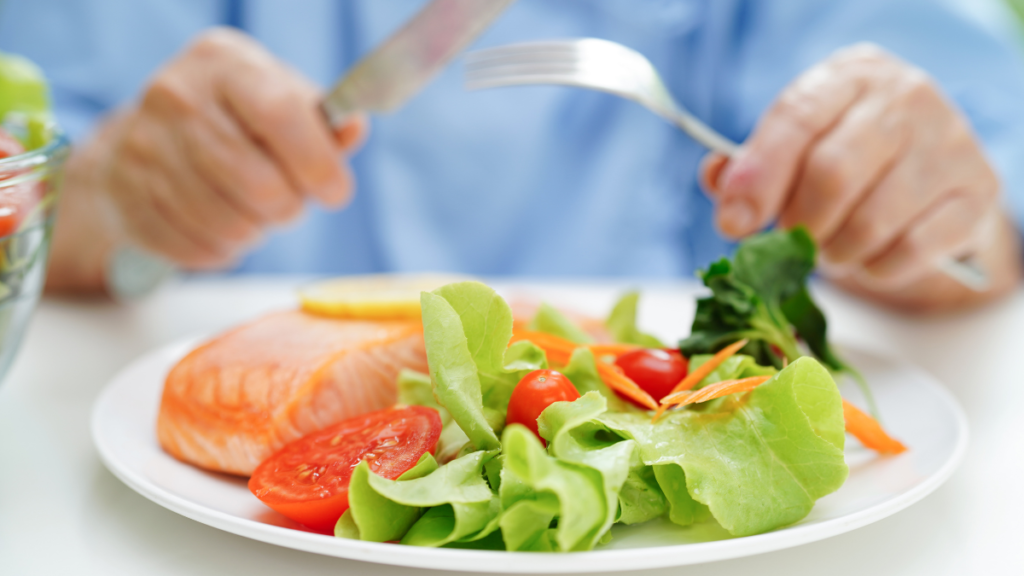
Hydration and Detoxification for Anti-Aging
Proper hydration and natural detoxification are essential for maintaining youthful skin, preventing cellular damage, and supporting overall longevity. Dehydration and toxin buildup can accelerate aging, leading to dull skin, fatigue, and poor digestion.
The Importance of Hydration for Anti-Aging
- Keeps skin plump and elastic – Hydration helps prevent fine lines and wrinkles.
- Flushes out toxins – Water supports kidney and liver function, removing harmful substances from the body.
- Boosts energy and mental clarity – Dehydration leads to fatigue and cognitive decline.
Best Hydrating Foods and Drinks
- Water-rich fruits and vegetables – Cucumbers, watermelon, celery, and oranges.
- Coconut water – Natural electrolytes help maintain hydration levels.
- Green tea – Rich in antioxidants that combat aging.
- Herbal teas – Chamomile and dandelion tea aid digestion and detoxification.
Detoxifying Foods for Longevity
- Lemon water – Stimulates liver function and flushes out toxins.
- Cruciferous vegetables – Broccoli, Brussels sprouts, and kale support natural detox pathways.
- Turmeric – Contains curcumin, which fights inflammation and supports liver health.
- Beets – Improve blood flow and help detoxify the body.
Common Hydration and Detox Mistakes
- Drinking too much caffeine or alcohol – Leads to dehydration and premature skin aging.
- Not drinking enough water – Leads to dry skin, fatigue, and toxin buildup.
- Ignoring liver-supporting foods – The liver plays a major role in aging by filtering toxins from the body.
Drinking plenty of water and eating detoxifying foods nourishes the body, supports glowing skin, and helps slow aging naturally.
Lifestyle Habits to Complement the Anti-Aging Diet
An anti-aging diet is most effective when paired with healthy lifestyle habits that support longevity, energy, and overall well-being. Nutrition alone cannot stop aging, but combining proper diet with mindful habits can help slow the process and promote a youthful, vibrant life.
1. Prioritize Quality Sleep
- Sleep is essential for cell repair, hormone balance, and brain function.
- Lack of sleep leads to premature wrinkles, weight gain, and cognitive decline.
- Aim for 7–9 hours of deep, restful sleep per night.
Best Sleep-Boosting Habits:
- Establish a consistent sleep schedule.
- Avoid screens and blue light one hour before bed.
- Try magnesium or herbal teas to promote relaxation.
2. Manage Stress Levels
- Chronic stress increases cortisol levels, which accelerate aging, weaken the immune system, and damage skin elasticity.
- Practicing stress reduction techniques can help improve longevity and slow the effects of aging.
Effective Stress-Relief Practices:
- Meditation or deep breathing exercises.
- Spending time in nature.
- Engaging in hobbies or social activities.
3. Engage in Regular Movement and Exercise
- Physical activity helps preserve muscle mass, maintain bone density, and improve circulation.
- Exercise increases oxygen flow to the skin, giving it a more youthful appearance.
Best Anti-Aging Exercises:
- Strength training to maintain muscle tone and bone strength.
- Low-impact workouts like yoga and Pilates to improve flexibility.
- Walking or swimming for cardiovascular health.
4. Limit Exposure to Toxins and Pollutants
- Air pollution, smoking, and excessive alcohol intake accelerate cellular damage and premature aging.
- Using natural skincare products, air purifiers, and toxin-free household items can help reduce exposure.
5. Practice Mindful Eating
- Eating slowly and being present during meals helps improve digestion, prevent overeating, and enhance nutrient absorption.
- Avoiding distractions like TV or smartphones while eating allows for better enjoyment and satisfaction with food.
By integrating these lifestyle habits with an anti-aging diet, it is possible to enhance energy levels, protect long-term health, and promote a youthful, vibrant life.
In addition to nutrition, managing stress and practicing mindfulness can significantly impact aging and overall well-being. Stress accelerates inflammation, speeds up aging, and affects sleep quality. To learn practical ways to cultivate mindfulness and reduce daily stress, read our guide on Mindfulness Practices to Enhance Your Life.
Creating an Easy-to-Follow Anti-Aging Diet Meal Plan
Following an anti-aging diet doesn’t have to be complicated. A well-balanced meal plan ensures you get the right nutrients to support skin health, brain function, and longevity while keeping meals enjoyable and sustainable.
Key Principles of an Anti-Aging Meal Plan
- Prioritize whole, nutrient-dense foods that reduce inflammation and oxidative stress.
- Incorporate lean proteins, healthy fats, and fiber-rich carbohydrates to balance blood sugar and energy levels.
- Drink plenty of water and antioxidant-rich beverages to keep the skin hydrated and the body detoxified.
Sample One-Day Anti-Aging Diet Meal Plan
Breakfast: Hydrating and Energizing Start
- Warm lemon water to support digestion and detoxification.
- Chia seed pudding with berries and walnuts for omega-3s and antioxidants.
- Green tea or matcha for polyphenols that combat aging.
Mid-Morning Snack: Skin and Brain Booster
- Handful of almonds and pumpkin seeds for vitamin E and zinc.
- A piece of dark chocolate (70% cacao or higher) to fight oxidative stress.
Lunch: Nutrient-Dense and Anti-Inflammatory
- Grilled salmon with quinoa and steamed kale for omega-3s and fiber.
- Fermented foods like sauerkraut or kimchi to support gut health.
- Olive oil dressing with lemon and turmeric for added anti-inflammatory benefits.
Afternoon Snack: Gut and Immune Support
- Greek yogurt with flaxseeds and cinnamon for probiotics and fiber.
- Herbal tea like chamomile or ginger tea to aid digestion and reduce stress.
Dinner: Longevity-Focused Meal
- Lentil and vegetable soup with turmeric and garlic for anti-inflammatory and heart health benefits.
- Roasted sweet potatoes with avocado for healthy fats and skin-supporting beta-carotene.
- Side of steamed broccoli for detoxification and collagen support.
Evening Wind-Down: Sleep and Skin Recovery
- Warm almond milk with a pinch of cinnamon to support relaxation.
- A handful of walnuts for melatonin and brain-boosting omega-3s.
Meal Prep Tips for an Anti-Aging Diet
- Plan meals in advance to ensure balanced nutrition throughout the week.
- Batch cook anti-aging meals like soups, roasted vegetables, and healthy grains.
- Stock up on longevity foods like nuts, berries, and leafy greens for easy snacking.
- Stay hydrated with herbal teas and infused water to boost antioxidant intake.
A well-planned anti-aging meal routine helps ensure you consistently nourish your body with the best foods for longevity.
Conclusion
Aging is a natural process, but the right nutrition and lifestyle choices can significantly slow its effects, helping you look younger, feel more energetic, and live longer.
An anti-aging diet rich in antioxidants, healthy fats, and essential nutrients supports skin health, brain function, and overall vitality. Avoiding processed foods, excess sugar, and harmful toxins further protects your body from premature aging.
Beyond diet, incorporating hydration, stress management, quality sleep, and regular exercise enhances the effects of anti-aging nutrition, promoting a strong, youthful body for years to come.
The key to longevity isn’t found in a single superfood but in consistent, mindful eating habits that nourish the body and mind. Start by making small changes today, and over time, you’ll experience lasting improvements in your health, energy, and overall well-being.
Frequently Asked Questions (FAQ)
1. Can an anti-aging diet reverse wrinkles?
An anti-aging diet can help slow down the formation of wrinkles by boosting collagen production, reducing inflammation, and protecting the skin from oxidative damage. While it can’t completely reverse deep wrinkles, eating foods rich in vitamin C, collagen, and omega-3s can improve skin elasticity and hydration, giving a more youthful appearance.
2. How long does it take to see results from an anti-aging diet?
The effects of an anti-aging diet vary based on individual factors such as age, lifestyle, and consistency. Some people notice improved skin texture and energy levels within a few weeks, while long-term benefits like better brain health, reduced inflammation, and overall longevity can take months to develop.
3. Do I need supplements for healthy aging?
A well-balanced diet should provide most of the essential nutrients for anti-aging, but certain supplements like collagen, omega-3 fatty acids, vitamin D, and resveratrol can help fill nutritional gaps. Always consult a healthcare professional before adding supplements to your routine.
4. Is fasting beneficial for longevity?
Intermittent fasting and time-restricted eating have been shown to promote cellular repair, reduce inflammation, and activate longevity genes. Fasting can support metabolic health and slow the aging process, but it should be done in a way that aligns with individual health needs.
5. What’s the best diet for anti-aging and weight loss?
The best diet for both anti-aging and weight management is one that focuses on whole, nutrient-dense foods while avoiding processed, high-sugar, and inflammatory foods. The Mediterranean diet, plant-based diets, and low-glycemic eating patterns are often recommended for their anti-aging and weight-control benefits.
By following an anti-aging diet rich in essential nutrients, hydration, and mindful lifestyle choices, you can support a longer, healthier, and more vibrant life.



